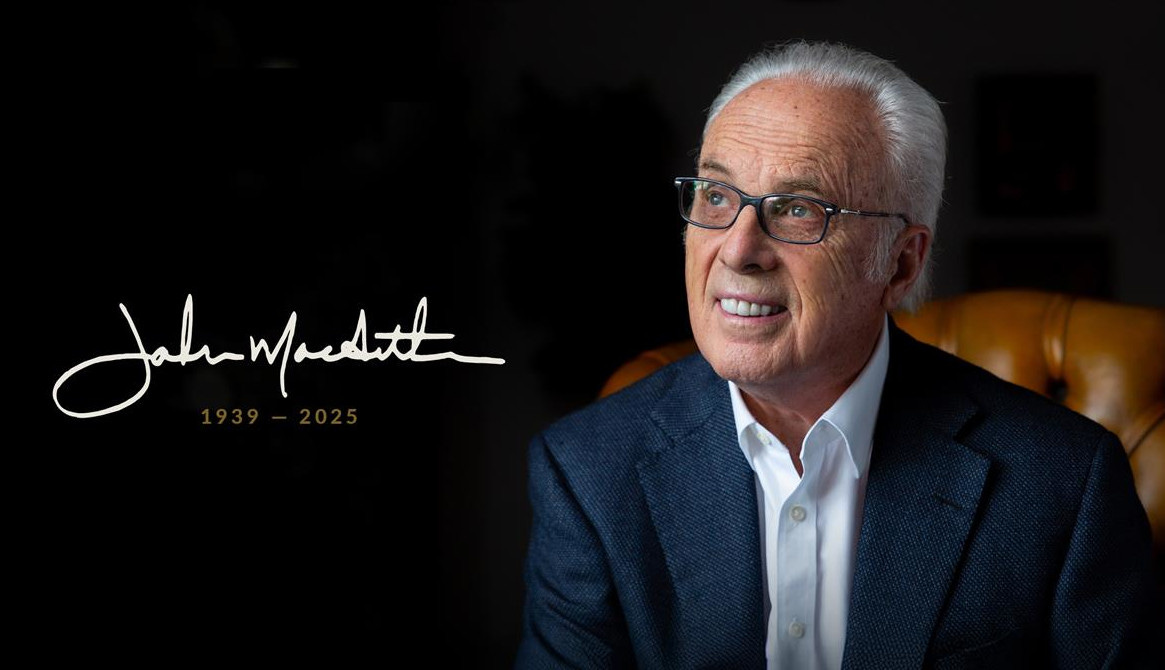John MacArthur, who died at 86, was known for uncompromising preaching
One of evangelicalism’s most influential figures drew praise and controversy
John MacArthur, the resolutely conservative pastor who died Monday at the age of 86 as one of the most influential figures in American evangelicalism, in many ways didn’t fit the evangelical mold. Although he arguably had a more authoritative presence in U.S. Christianity during the past half-century than any…



